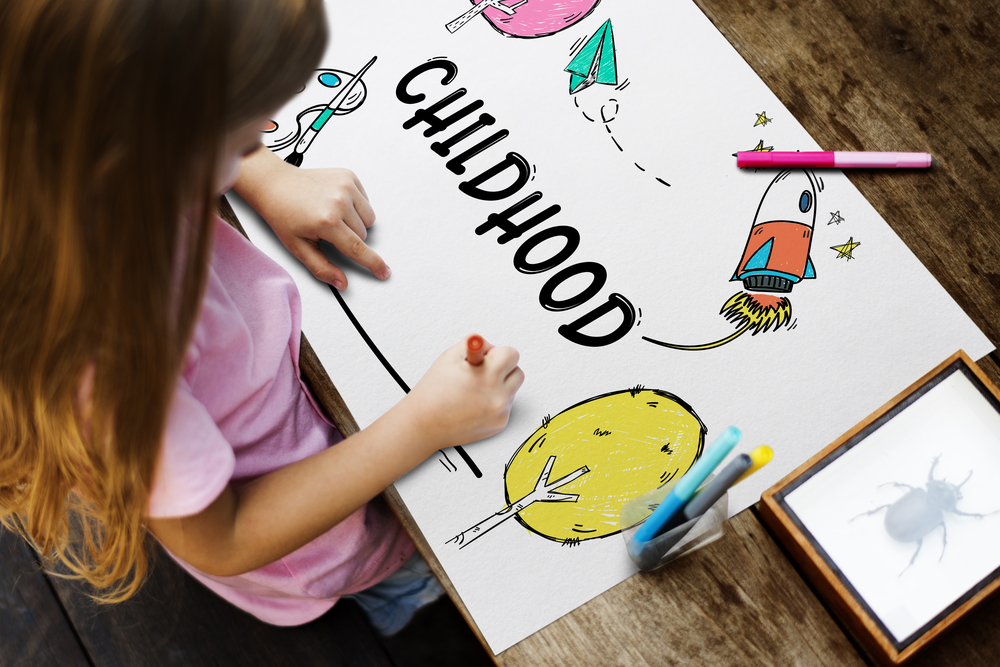Tracing Letters worksheets activities for 4-Year-Olds
56 filtered results
-
From - To


Letter A Tracing Page
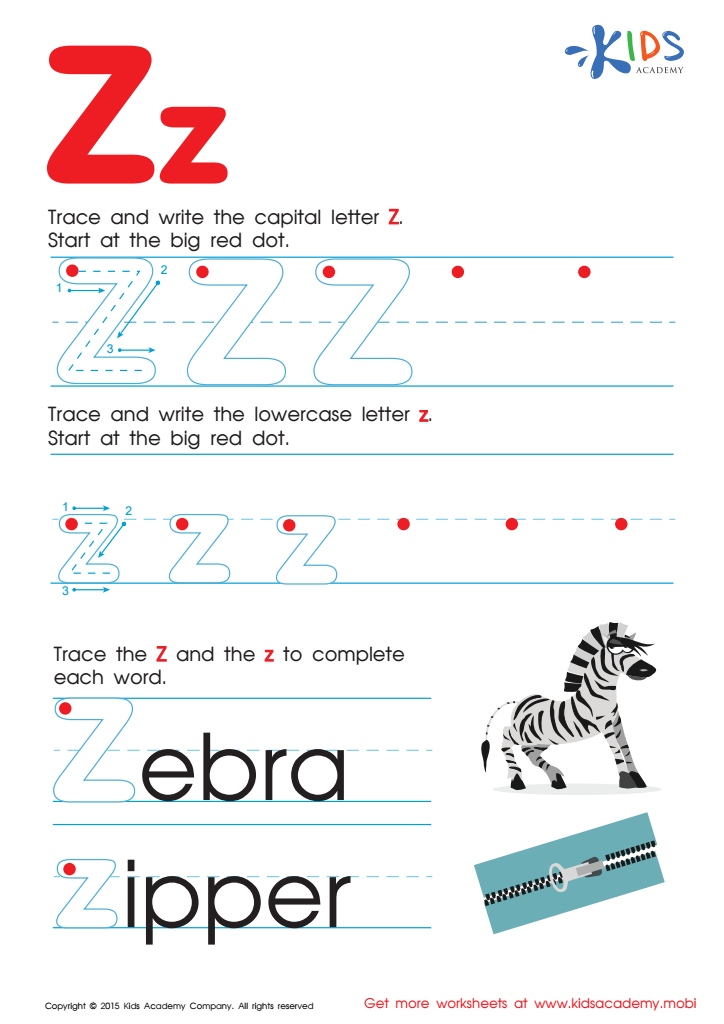

Letter Z Tracing Page
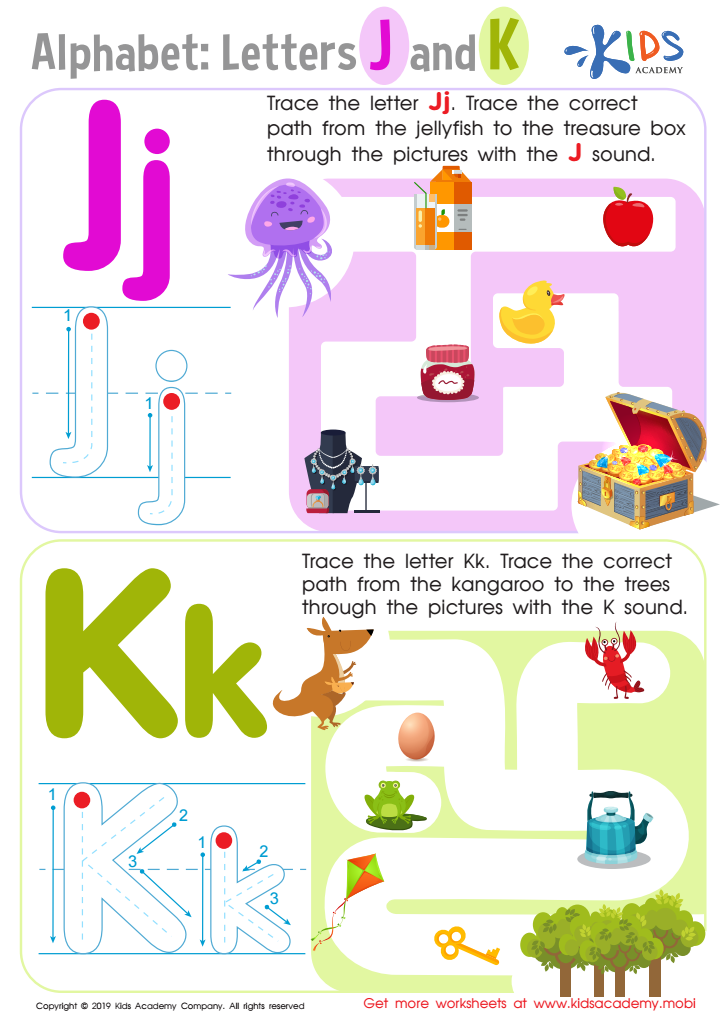

Letters J and K Tracing Worksheet
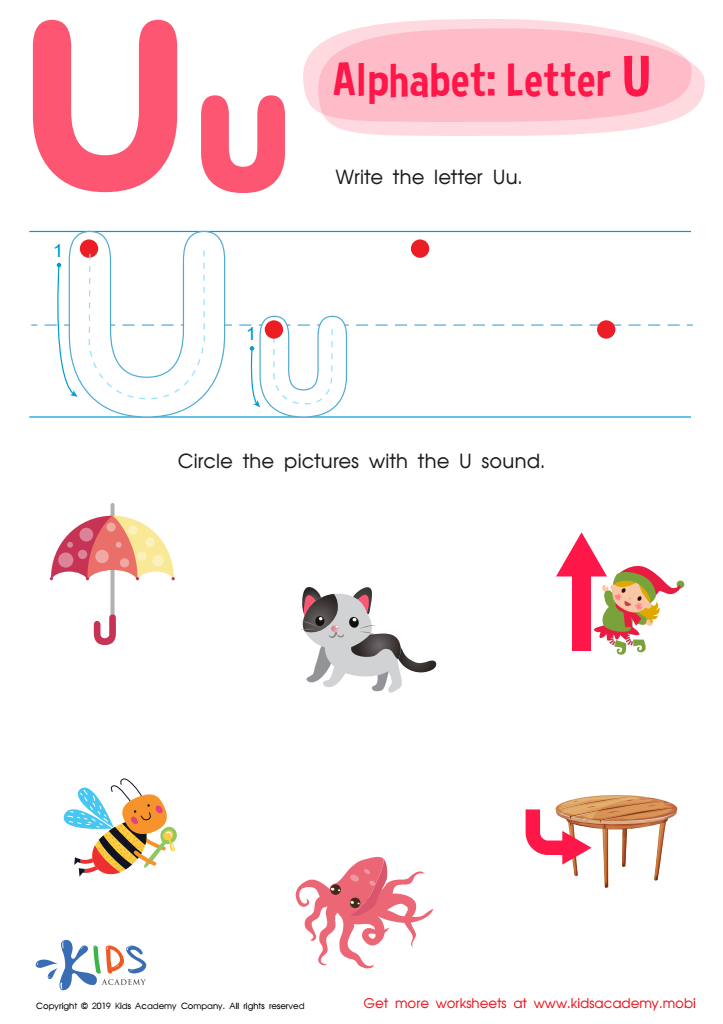

Letter U Tracing Worksheet
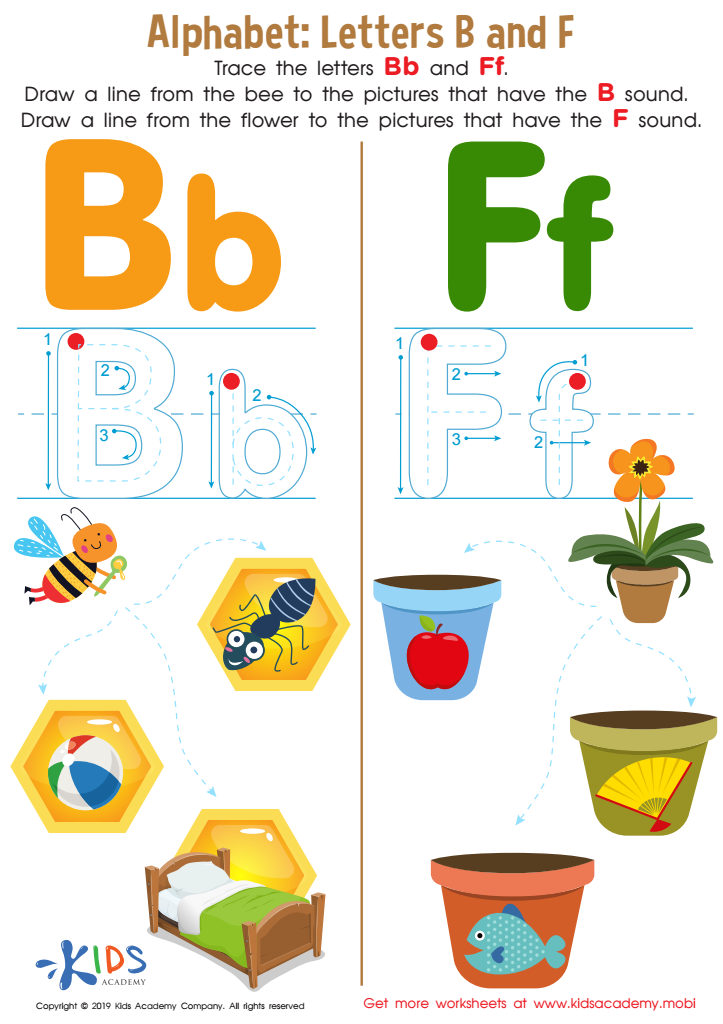

Letters B and F Tracing Worksheet
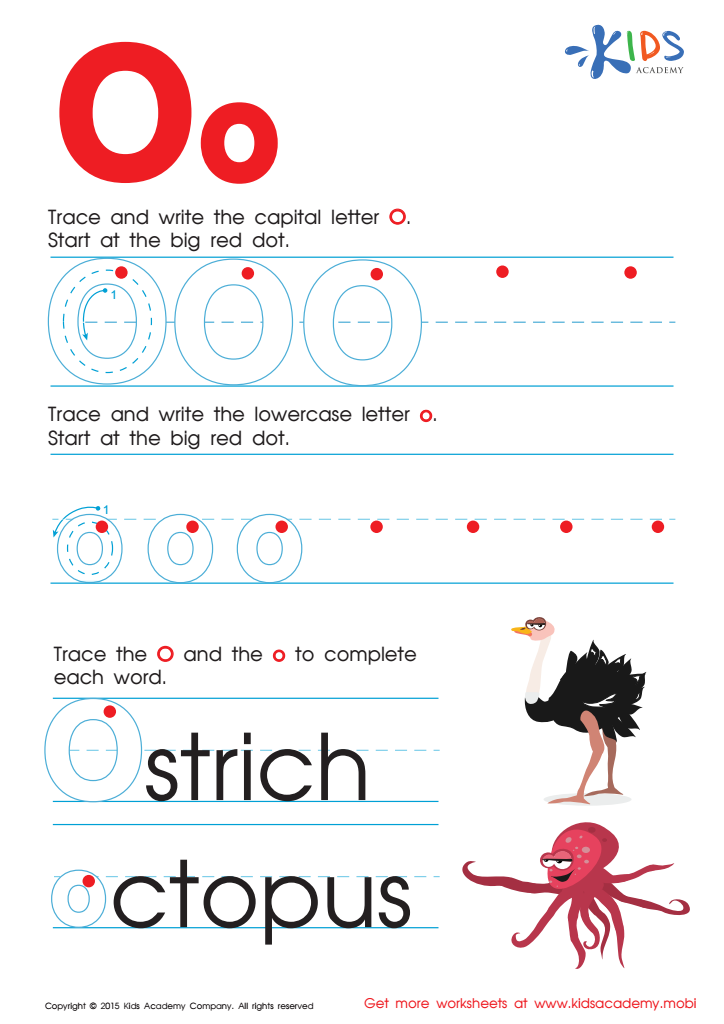

Letter O Tracing Page
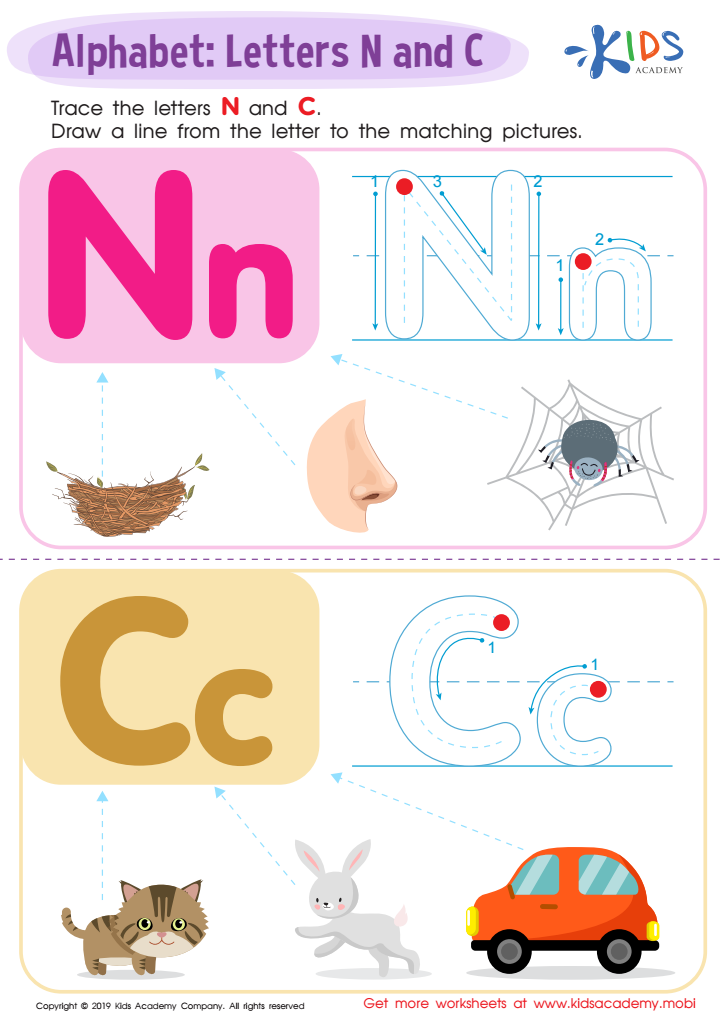

Letter N and C Tracing Worksheet


Letter R Tracing Page


Letter X Tracing Page


Letter P Tracing Page
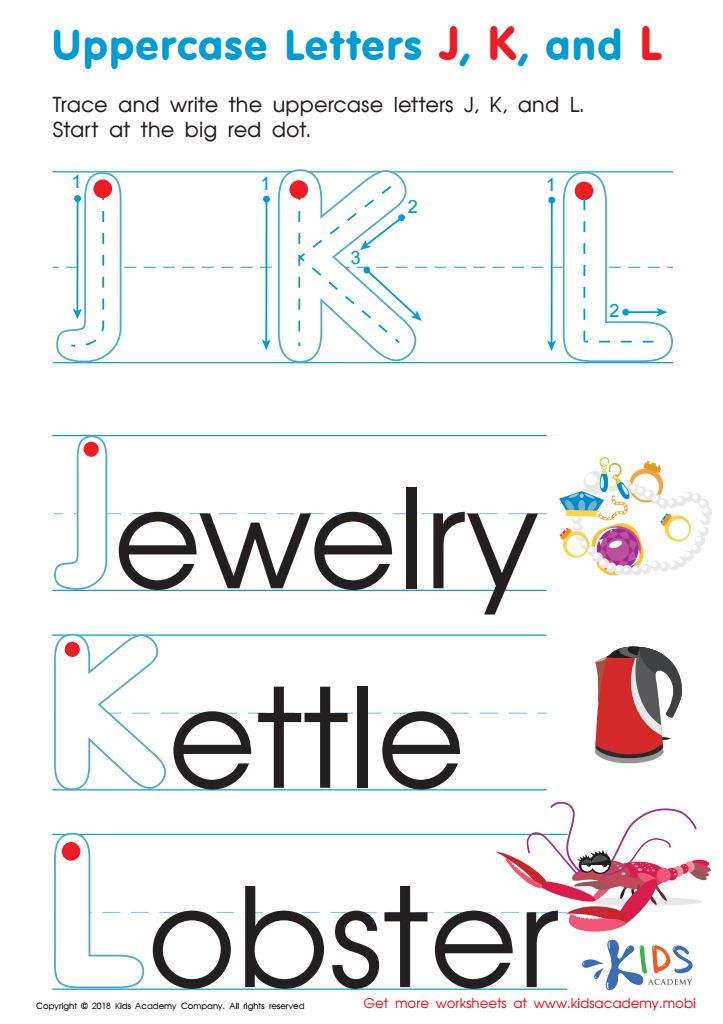

Uppercase Letters J, K, and L Worksheet
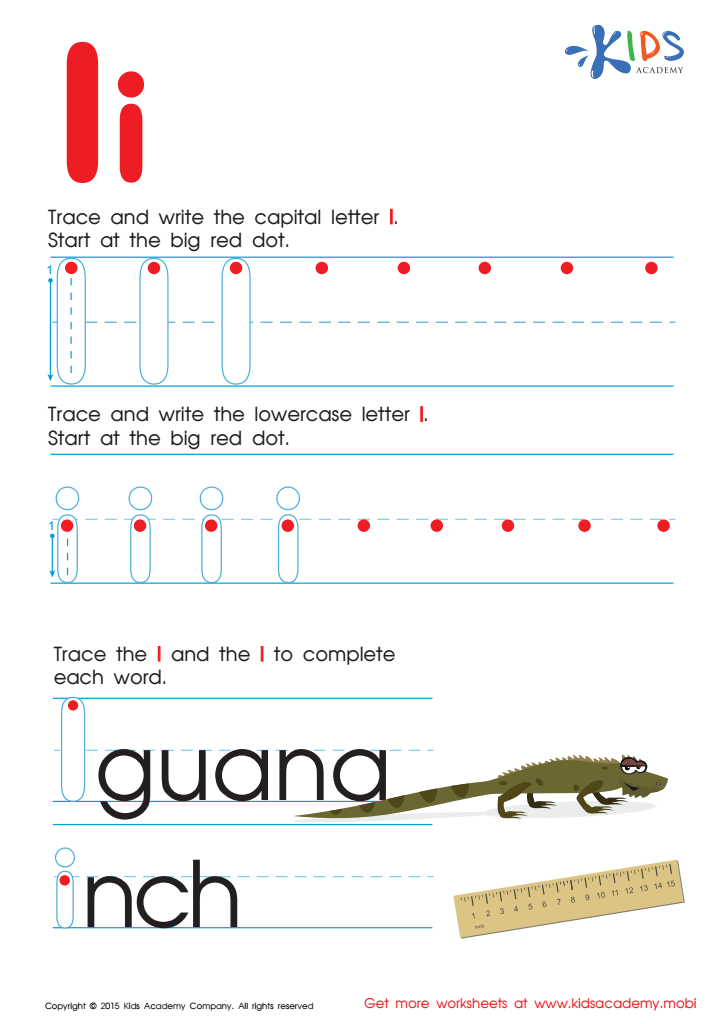

Letter I Tracing Page
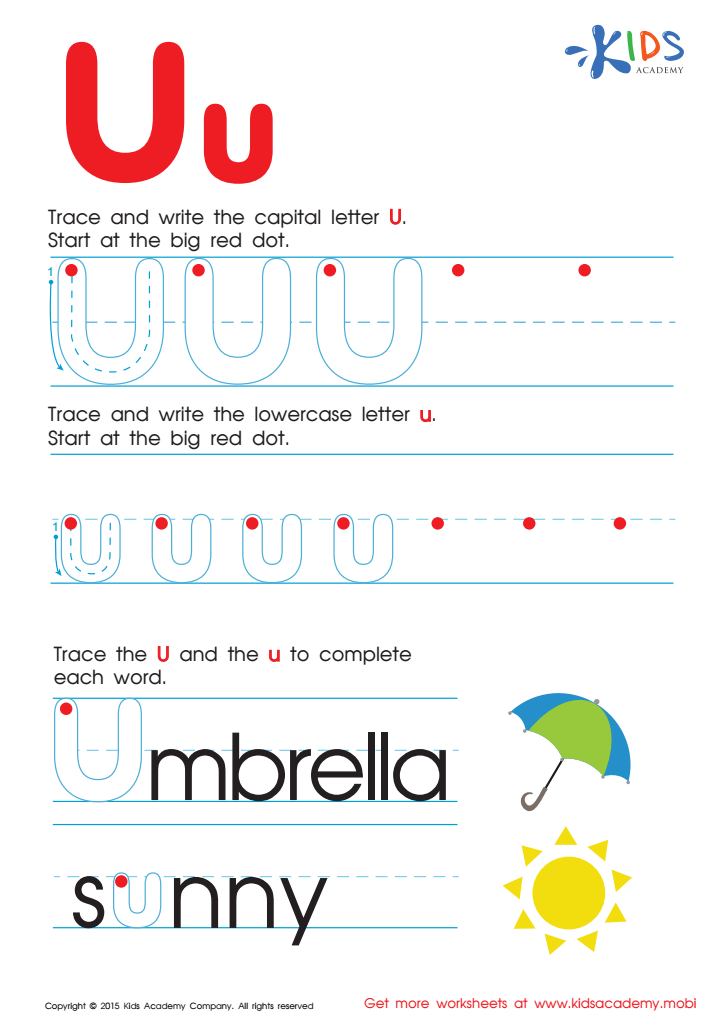

Letter U Tracing Page
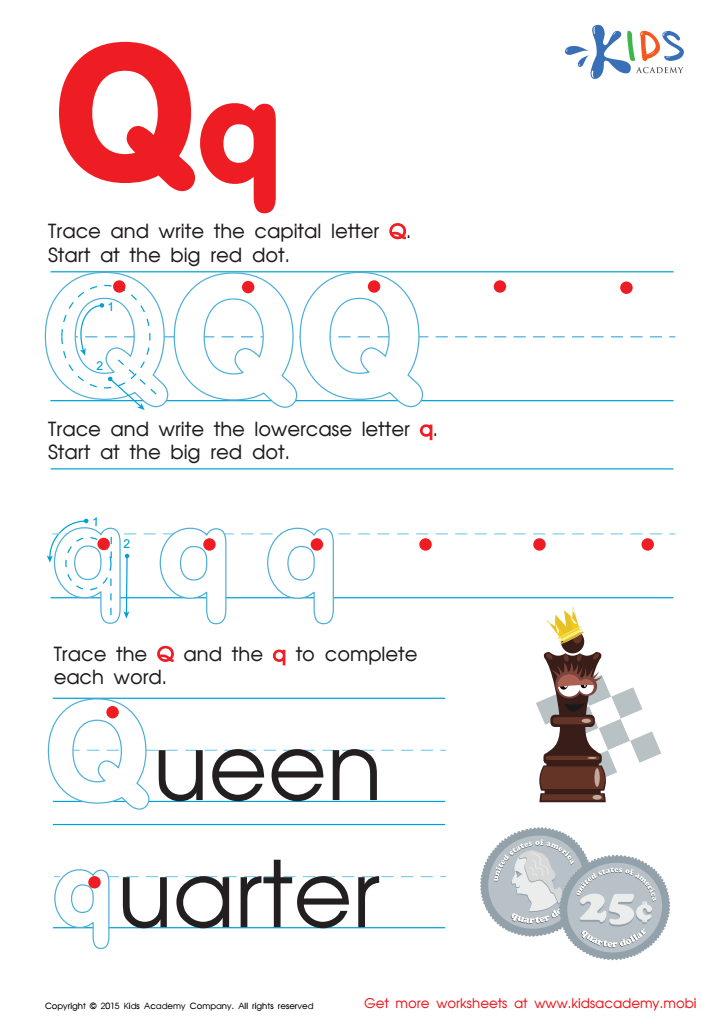

Letter Q Tracing Page
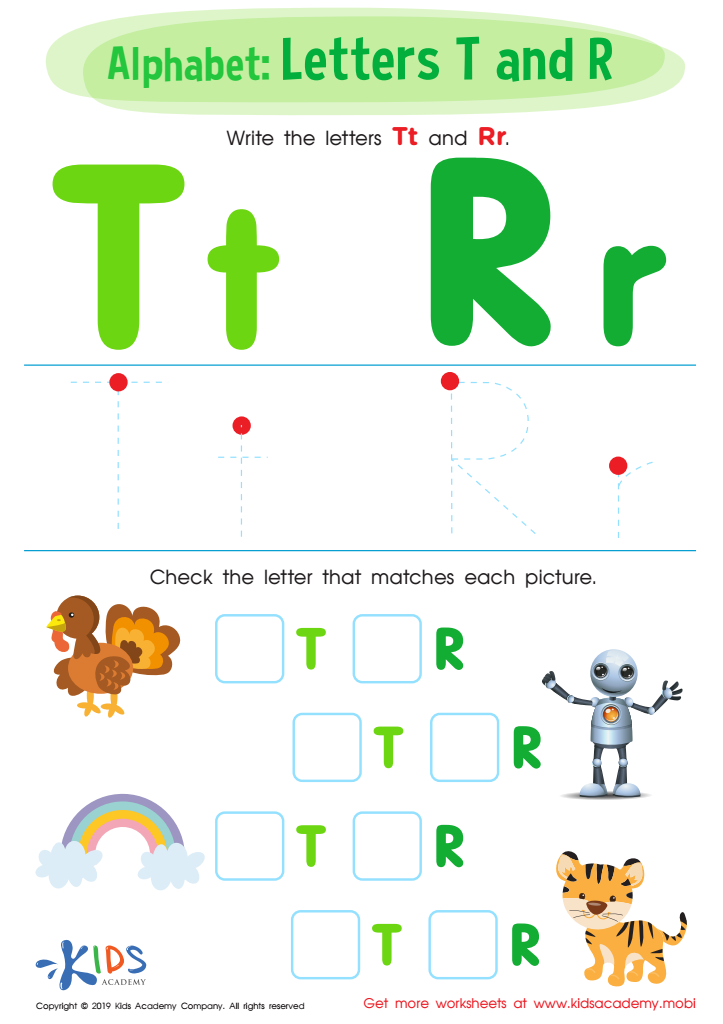

Letters T and R Worksheet
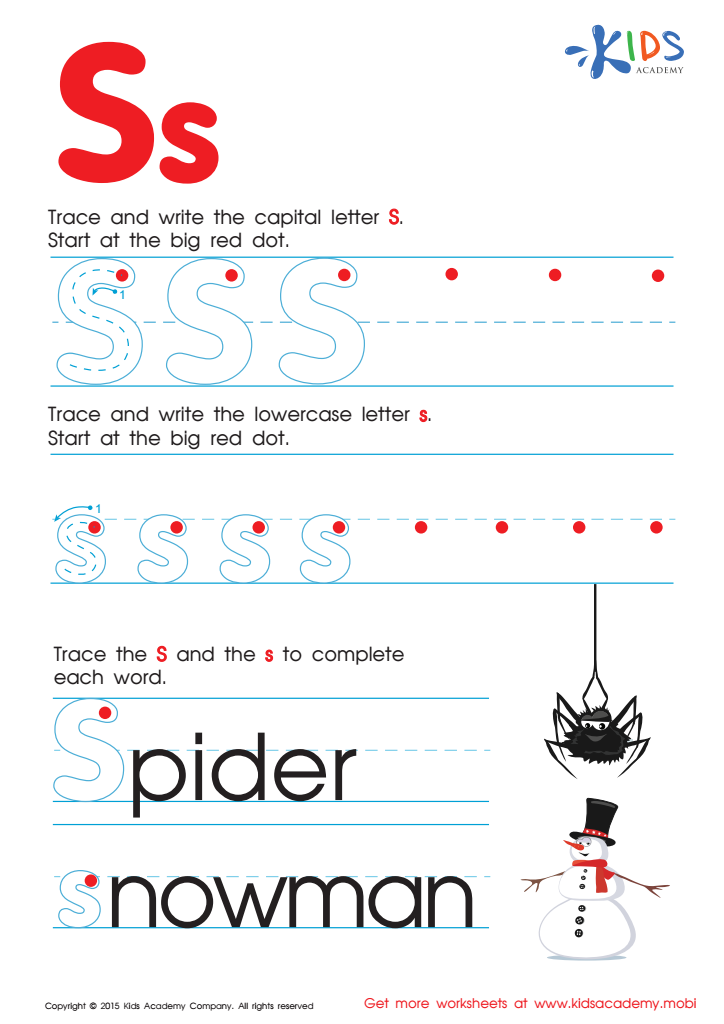

Letter S Tracing Page
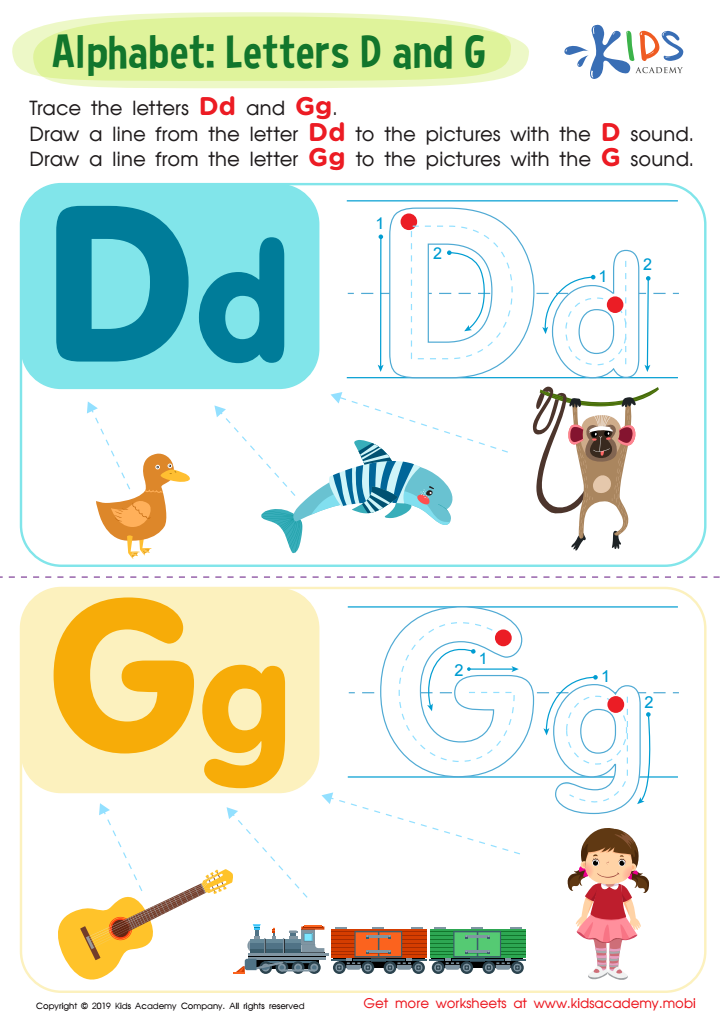

Letter D and G Tracing Worksheet
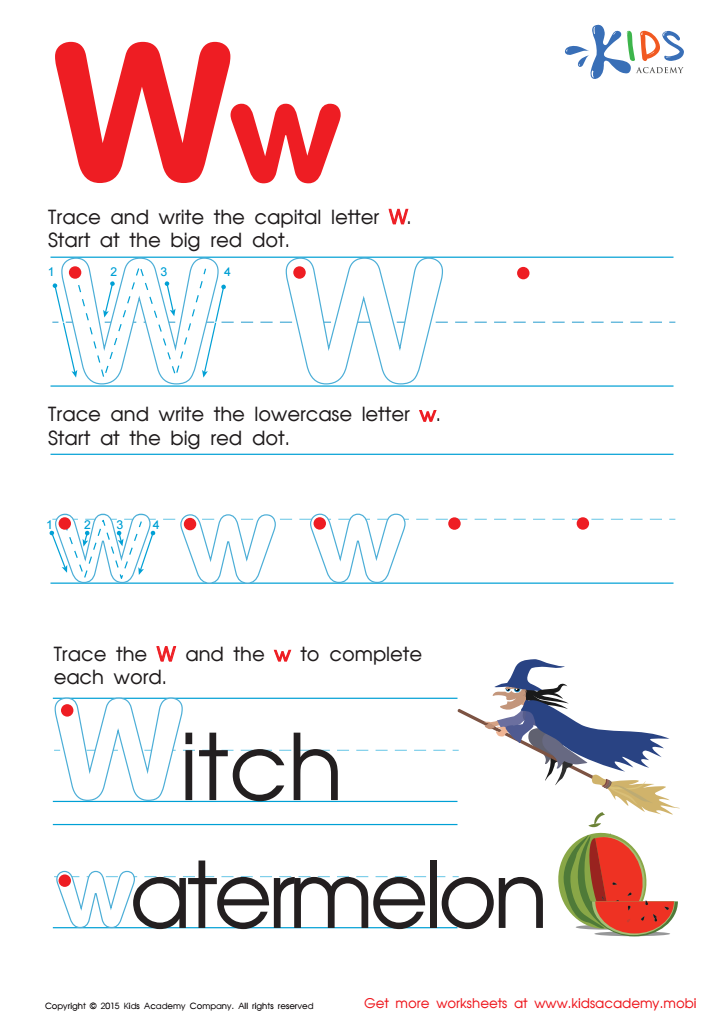

Letter W Tracing Page


Letter H Tracing Page
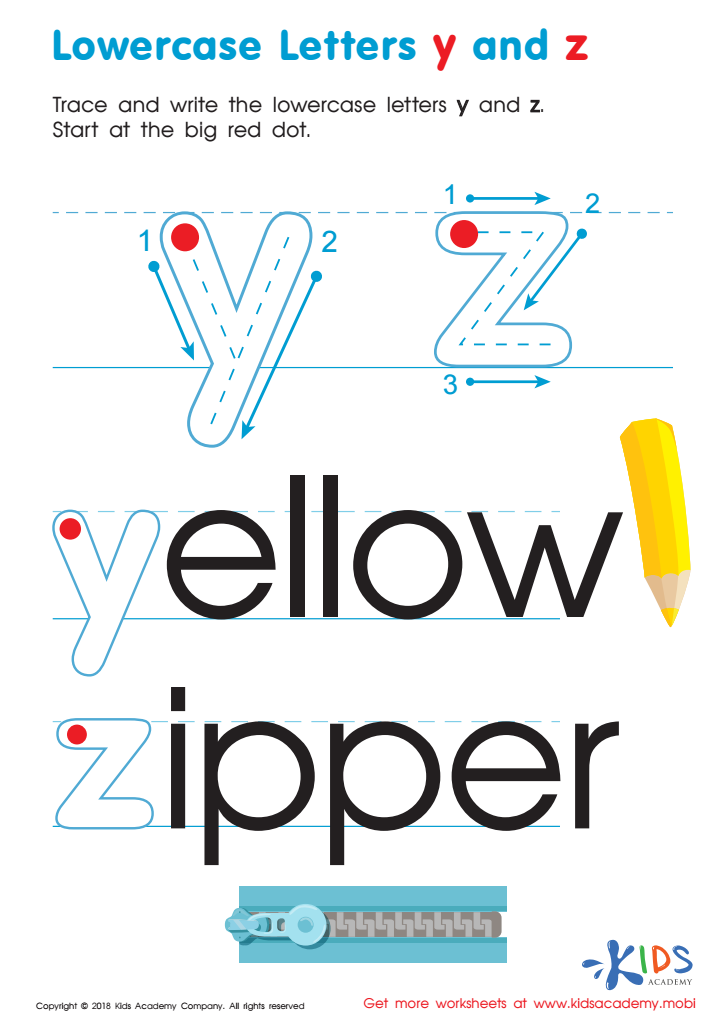

Lowercase Letters y z Worksheet
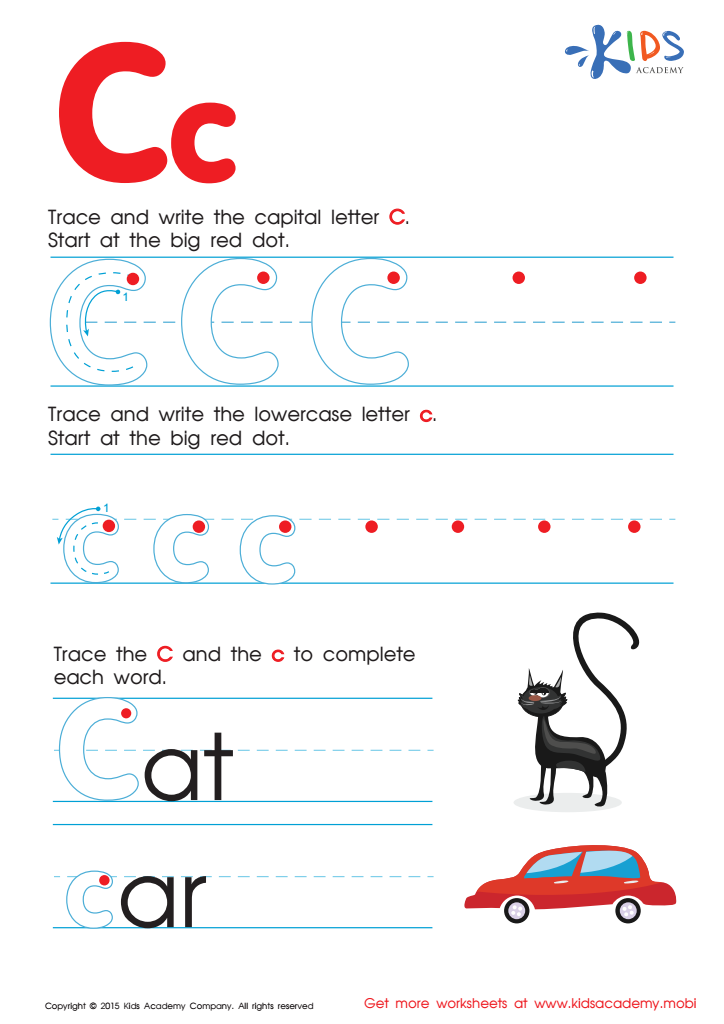

Letter C Tracing Page
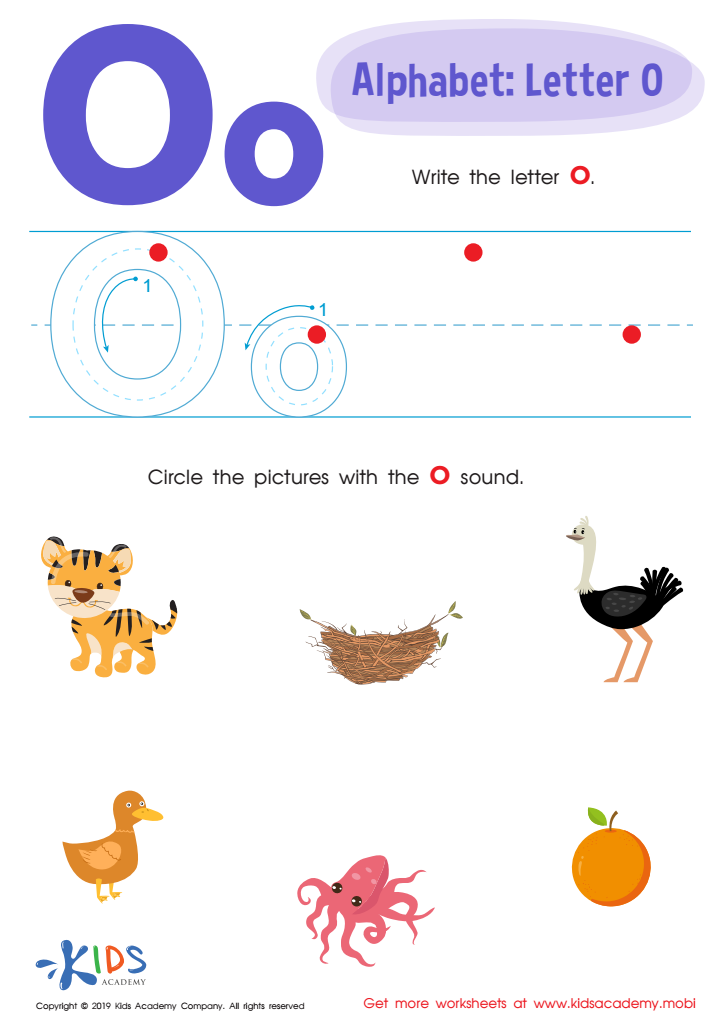

Letter O Tracing Worksheet
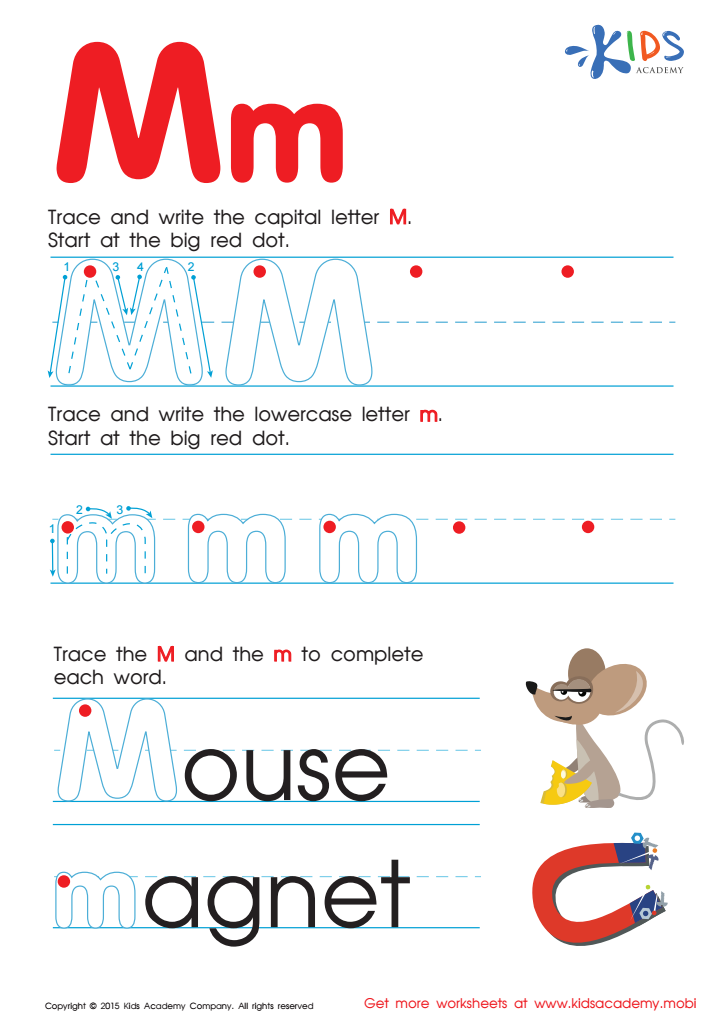

Letter M Tracing Page
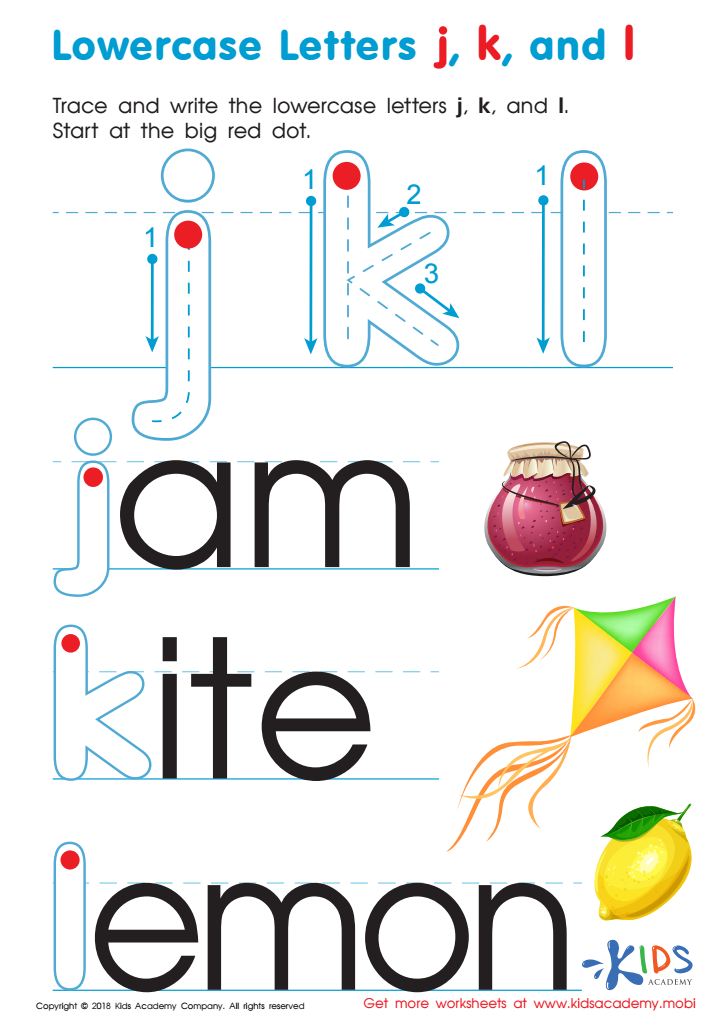

Lowercase Letters j k l Worksheet
Tracing Letters worksheets activities are an invaluable tool in the journey of early literacy and fine motor skill development for young learners. These activities are not just about following the dots or lines to form letters; they are a foundational step towards effective handwriting, reading, and overall communication skills. Here's why Tracing Letters worksheets activities are so beneficial.
Firstly, Tracing Letters worksheets activities offer a structured way for children to learn the alphabet. Through repetition and practice, kids become familiar with the shapes and sounds of letters, which is a critical first step in learning to read and write. By tracing letters, children can establish a solid understanding of the alphabet, setting a strong foundation for their future literacy skills.
Secondly, these activities significantly enhance fine motor skills. Holding a pencil correctly and tracing letters require coordination and strength in the small muscles of the child's hand and fingers. Over time, through consistent practice, children develop the dexterity and control needed not only for writing but also for other tasks such as tying shoelaces or using scissors.
Moreover, Tracing Letters worksheets activities promote cognitive development. As children concentrate on following the lines to form letters accurately, they are engaging in a form of problem-solving, learning to associate specific shapes with sounds and meanings. This cognitive engagement is crucial for memory retention and the development of early reading skills.
Finally, Tracing Letters worksheets activities provide a sense of achievement. Completing these worksheets gives children a tangible sense of progress as they see their own ability to form letters improve. This boosts their confidence and motivation, encouraging a positive attitude towards learning.
In summary, Tracing Letters worksheets activities are more than just basic writing practice. They are a comprehensive tool that supports the development of literacy, fine motor skills, cognitive growth, and positive learning attitudes in young children, making them an essential part of early education.
 Assign to My Students
Assign to My Students






